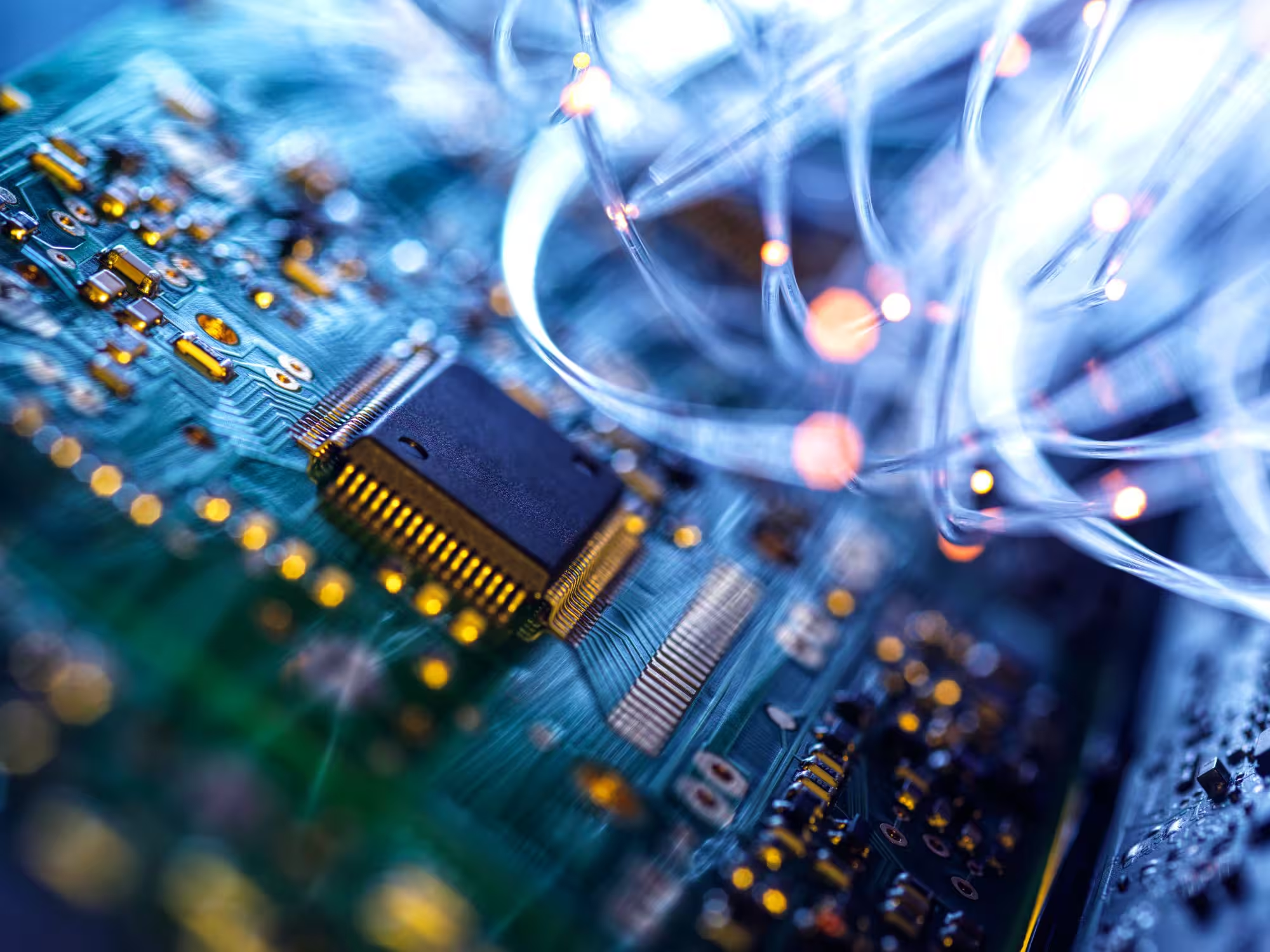Low Resistance Contacts on Atomically Thin Body Semiconductors for Energy Efficient Electronics (LoResCon)

The recent report by the Committee on Climate Change recommended that the UK commit to net zero carbon emissions by 2050. A key consumer of energy is electronics, accounting for consumption of nearly 10% of the total generated energy and is likely to grow in the coming decade to approximately 20%. A recent Foresight report has highlighted the importance of novel materials and devices for meeting broad industrial and societal energy needs. The project aims to create such new materials and energy-efficient electronics using industrially relevant processes to leverage significant impact in strategic areas such as Energy, Quantum Technologies, Information and Communication Technologies (ICT), the Internet of Things (IoT), and batteries. The long-term impact of the project will be significant because it underpins important future developments in quantum materials, metrology of ideal metal-semiconductor interfaces, electronics and other diverse applications.
The project targets new types of devices that operate exceptionally low on power to enable sustainable electronics. These devices have significant potential to help reduce carbon footprint and assist policymakers and government agencies in meeting internationally agreed ambitious emissions obligations while building a sustainable economy to tackle pressing long-term challenges such as climate change.
